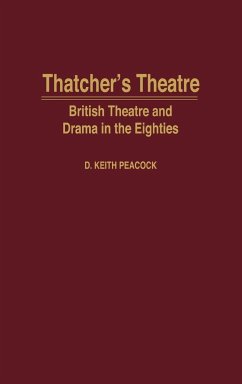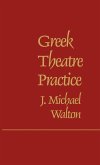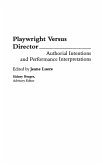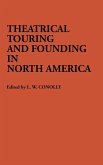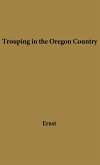The Thatcher administration of 1979 to 1990 had a profound and apparently lasting effect on British theatre and drama. It is now roughly a decade since the fall of Margaret Thatcher and, with the benefit of hindsight, it has become possible to disentangle fact from fantasy concerning her effect on the British theatre. During her administration, there was a significant cultural shift which affected drama in Britain. While some critics have argued that the theatre was simply affected by financial cutbacks in arts subsidies, this volume challenges that view. While it looks at the economic influence of Thatcher's policies, it also examines how her ideology shaped theatrical and dramatic discourse. It begins by defining Thatcherism and illustrating its cultural influence. It then examines the consequences of Thatcherite policies through the agency of the Arts Council of Great Britain. Having established this political and cultural environment, the book considers in detail the effect of Thatcher's administration on the subject-matter and dramatic and theatrical discourse of left-wing drama and on the subsidized political theatre companies which proliferated during the 1970s. Attention is then given to the development of constituency theatres, such as Women's and Black Theatre, which assumed an oppositional cultural stance and, in some cases, attempted to develop characteristic theatrical and dramatic discourses. The penultimate chapter deals with the effect of Thatcherite economic policy and ideology on new writing and performance, while the final chapter draws conclusions and suggests that the cultural shift perpetrated by the Thatcher regime has altered the status of subsidized theatre from an agency of cultural, spiritual, social, or psychological welfare to an entertainment industry which is viewed as largely irrelevant to the workings of society.
Hinweis: Dieser Artikel kann nur an eine deutsche Lieferadresse ausgeliefert werden.
Hinweis: Dieser Artikel kann nur an eine deutsche Lieferadresse ausgeliefert werden.

